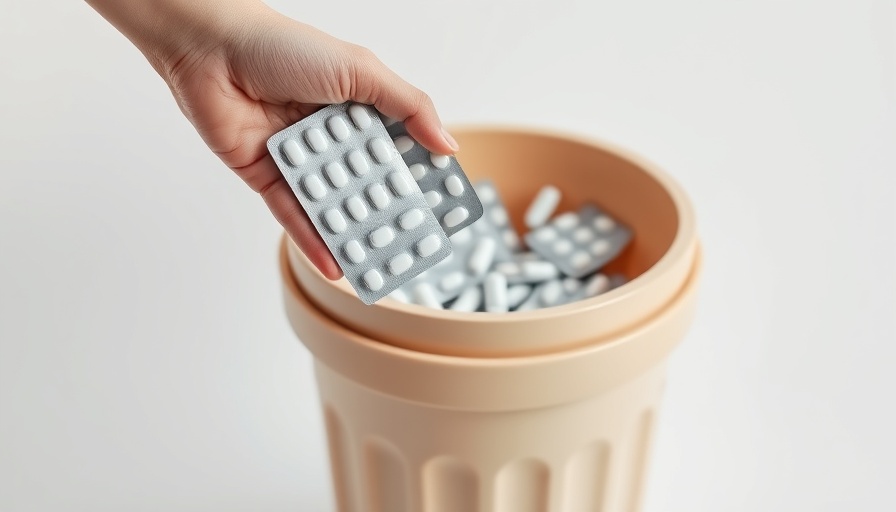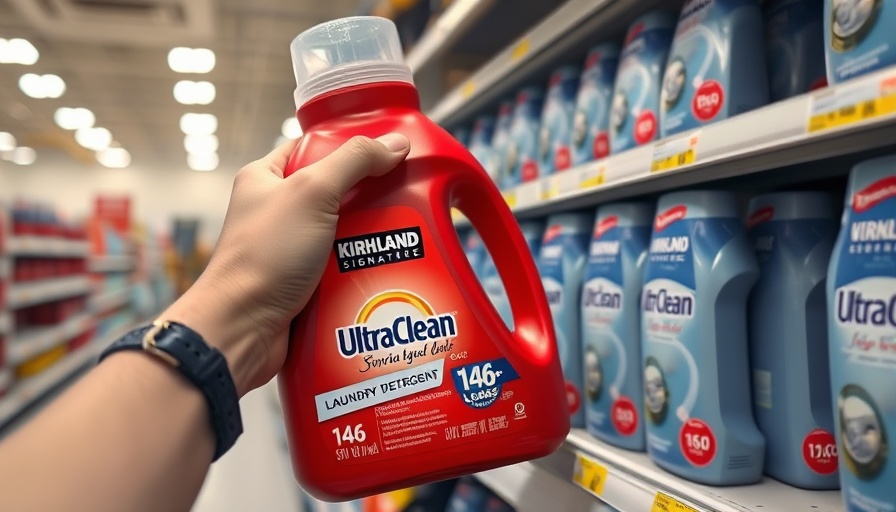
Understanding Your Septic System: Basics for Homeowners
Your septic system is a critical component of your home's infrastructure, especially in rural areas and smaller communities in Southeast Michigan. Just like your body needs healthy food to function well, your septic tank needs the right substances to do its job. Think of your septic tank as a mini digestive system that processes waste. What you introduce into it can either help or hinder its performance.
Common Items That Can Harm Your Septic Tank
Let’s take a closer look at what not to flush down your septic system. While some items may seem harmless or convenient to dispose of through the toilet, they can create serious problems over time. I've compiled a list of the most common household items that can damage your septic tank:
1. Coffee Grounds: The Hidden Villain
Have you ever considered where your coffee grounds go after you’ve enjoyed your morning cup? If you’re flushing them, stop now! These grounds don't dissolve well in water, leading to sludge buildup that can clog your tank. Instead of flushing, toss them in the trash, or better yet, use them as fertilizer in your garden.
2. Antibacterial Soaps: Unseen Consequences
While we all want to keep our homes clean and germ-free, using antibacterial soaps in a septic system can disrupt the natural bacterial ecosystem. This can hinder the process of breaking down waste matter efficiently. Switch to non-antibacterial soaps that are septic-safe to protect your system.
3. Medications: A Harmful Flush
Many homeowners think flushing old medications is a simple solution to disposal. However, when these drugs enter the septic system, especially antibiotics, they can threaten the balance of helpful bacteria needed to treat waste. Instead, take medications to local disposal programs or follow guidelines provided for safe disposal.
4. Grease and Fat: A Sticky Situation
It's tempting to pour leftover grease down the sink, especially when cleaning up after a meal. However, once cooled, fat and grease solidify and create clogs. Dispose of grease in a container instead, and keep it out of your septic system.
5. Feminine Hygiene Products: Not for Flushing
Feminine hygiene products are often advertised as flushable, but they don’t break down in water like toilet paper. They can lead to significant clogs that require professional attention. Instead, wrap these items and dispose of them in the trash.
Why This Matters for Michigan Homeowners
Taking care of your septic tank not only saves you money on repairs but also prevents potential environmental issues like leachate contaminating groundwater. Homeowners in Southeast Michigan especially need to stay informed about these common pitfalls. With the prevalence of septic systems in rural settings, understanding how to protect this system is crucial.
Actionable Tips for a Healthy Septic System
To keep your septic system healthy:
- Regularly pump your tank as recommended by professionals.
- Only flush toilet paper and human waste down the toilet.
- Educate your family about what can and cannot be flushed.
Call to Action: Protect Your Investment
As a homeowner, taking a proactive approach to your septic system can save you time, money, and stress. Be vigilant about what goes into your septic tank and consider hiring a professional for regular maintenance checks. Keeping your system in great shape is easier than you think!
 Add Row
Add Row  Add
Add 




 Add Row
Add Row  Add
Add 

Write A Comment